Directory
- Share
Gillean Denny
- Alumni
- United States
- 2007 MPhil Environmental Design in Architecture
2008 PhD Architecture - Jesus College

Gillean Denny
- Alumni
- United States
- 2007 MPhil Environmental Design in Architecture
2008 PhD Architecture - Jesus College
Continuing from my MPhil research in sustainability and urban planning, my current PhD work seeks to determine the direct impact of Urban Agriculture on an individual’s ecological footprint. In the wider world of art and design, theatre sets, the Jesus May Ball, the culinary arts, and my own sketchbook make my days in Cambridge a true joy.
Atticus DeProspo
- Alumni
- United States
- 2016 MPhil Criminology
- Darwin College
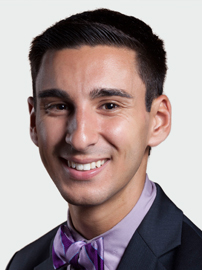
Atticus DeProspo
- Alumni
- United States
- 2016 MPhil Criminology
- Darwin College
Atticus DeProspo, United States, received his B.S. degree in Industrial & Labor Relations from Cornell University, graduating with honors. He was a member of the Cornell Varsity Men's Soccer Team for four years, helping them win an Ivy League Title. Previously, he worked in Florida and Washington D.C. as an intern for Senator Marco Rubio. Atticus also interned at the Supreme Court of the United States for Justice Sotomayor. Atticus was a member of the inaugural class of the Schwarzman Scholars Program, where he graduated with a Master’s degree in Global Affairs from Tsinghua University in Beijing, China. Atticus was selected as a Gates-Cambridge Scholar, where he graduated with an M.Phil. degree in Criminology from the University of Cambridge. Atticus received his J.D. from The University of Alabama School of Law. He clerked for Chief Judge L. Scott Coogler on the US District Court for the Northern District of Alabama. Atticus also clerked for Judges Peter Hall and Steven Menashi on the U.S. Court of Appeals for the Second Circuit. Currently, he works as an associate at Williams & Connolly in Washington, D.C.
Previous Education
Cornell University
Links
https://www.wc.com/Attorneys/Atticus-DeProspo
https://www.linkedin.com/in/atticus-deprospo-b27560228?challengeId=AQFmP10UHNL8sAAAAYc4BDztW10bFedB98prwDzszCvj2ncGX4c8O3FGZSNuw
Eréndira Derbez
- Scholar
- Mexico, France
- 2025 PhD Latin American Studies
- Sidney Sussex College
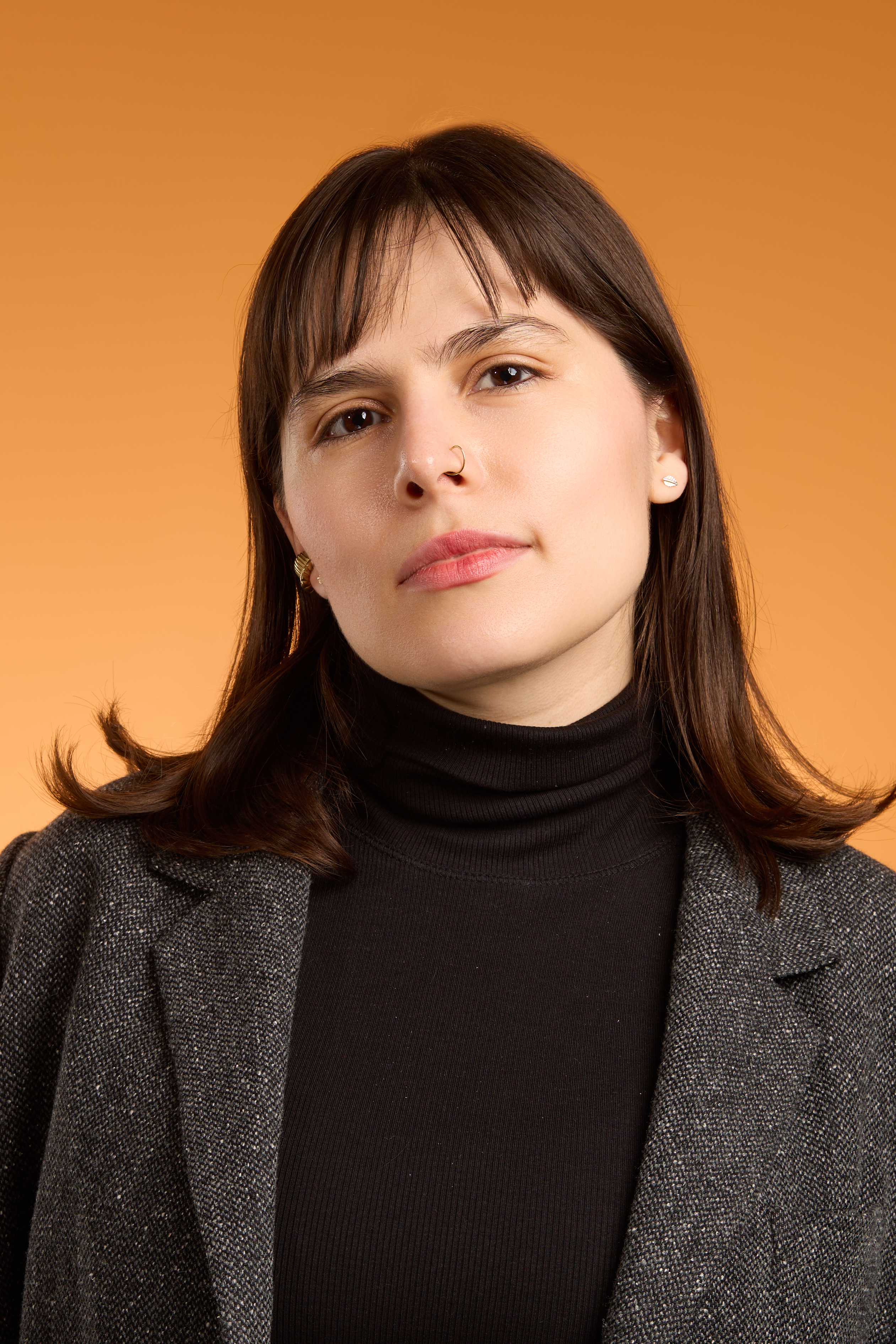
Eréndira Derbez
- Scholar
- Mexico, France
- 2025 PhD Latin American Studies
- Sidney Sussex College
I grew up in Veracruz in Mexico and I completed a BA in Art History and a fully funded MA in Art Studies in Universidad Iberoamericana in Mexico City where I also worked as an academic assistant. Afterwards, I competed a MSc in Gender, Media and Culture in LSE. As an author and a researcher I focus on the relationship between art, gender and politics. During my MA and MSc I focused on the historical role of Inés Amor and Leonora Carrington. Furthermore, I co authored the books No son micro. Machismos Cotidianos (2020), Mapas Corporales (2023) and authored Inés Amor y los Primeros Años de la Galería de Arte Mexicano (2024), among other publications. My recent work focuses on art, resistance and protest. During my PhD in Latin American Studies, I will explore the role of artistic interventions and public art within the context of Mexican civil society's response to extreme violence over the past decade. My research aims to enhance contemporary art studies by examining artistic expressions beyond traditional galleries or museums, incorporating protest expressions integral to the visual imaginary that significantly influence cultural studies in Latin America.
Previous Education
Universidad Iberoamericana (Iberoamericana Univers Art Studies
London School of Economics & Political Science (Un Gender Studies
Rafael Dernbach
- Alumni
- Germany
- 2014 PhD Modern and Medieval Languages: German
- King's College
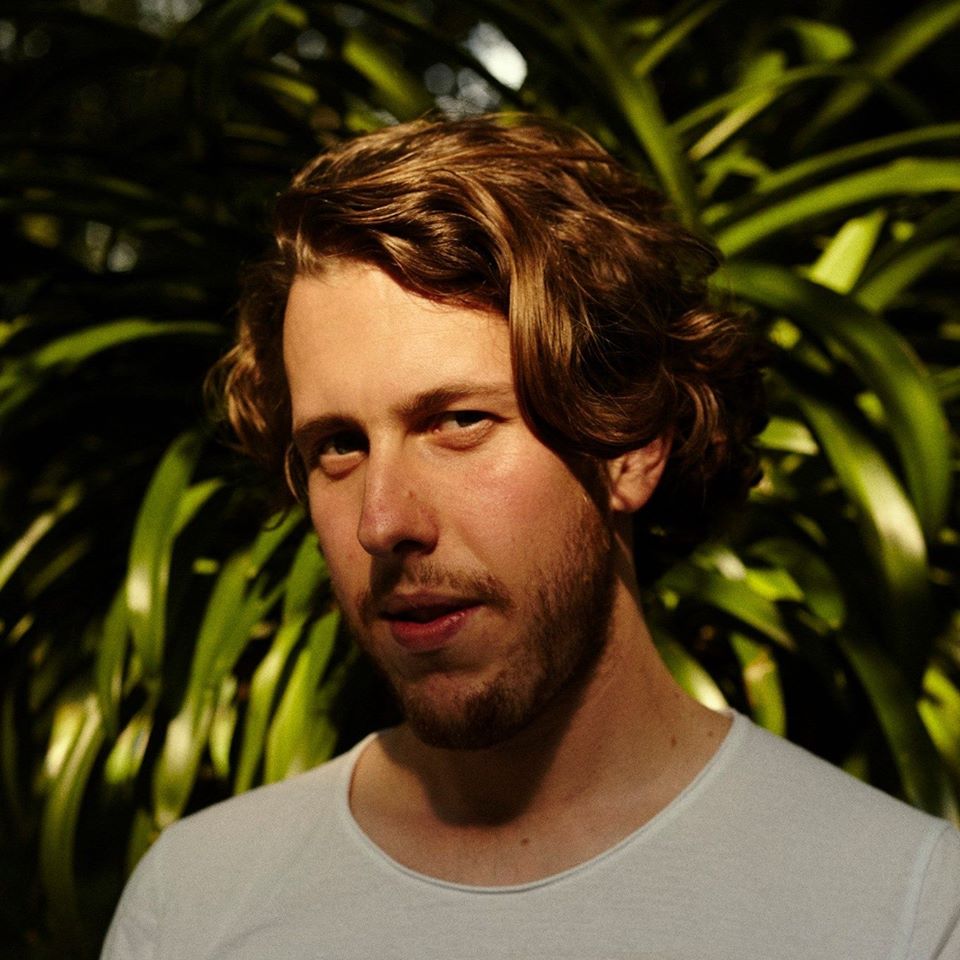
Rafael Dernbach
- Alumni
- Germany
- 2014 PhD Modern and Medieval Languages: German
- King's College
Rafael Dernbach is a researcher and writer concerned with the social and medial constructions of futures. Currently, he acts as Director of Emerging Narratives at fischerAppelt advisors. Previously, he was a research associate for Futurium, House of Futures in Berlin. As a Gates Scholar, he received his doctorate for research on anticipatory realism in post-cinematic art at the University of Cambridge in 2018. He held visiting researcher positions at Princeton University and Freie Universität Berlin. He has also teaches media theory and design theory at universities and academies.
Links
https://www.linkedin.com/in/rafael-dernbach-ph-d-10a9161a3
http://www.rafaeldernbach.com
http://twitter.com/rdernbach
Jonathan Derocher
- Alumni
- United States
- 2005 PgC Chemical Engineering
- King's College

Jonathan Derocher
- Alumni
- United States
- 2005 PgC Chemical Engineering
- King's College
My undergraduate research was in the area of transport in polymer membranes. I have worked mostly with nonselective membranes which either facilitate fast mass transfer or act as barriers. In Cambridge, I continued this research by working with Dr. Geoff Moggridge on selective nanoporous films made from block copolymers.
Tariq Desai
- Alumni
- South Africa
- 2014 PhD Genetics
- Magdalene College
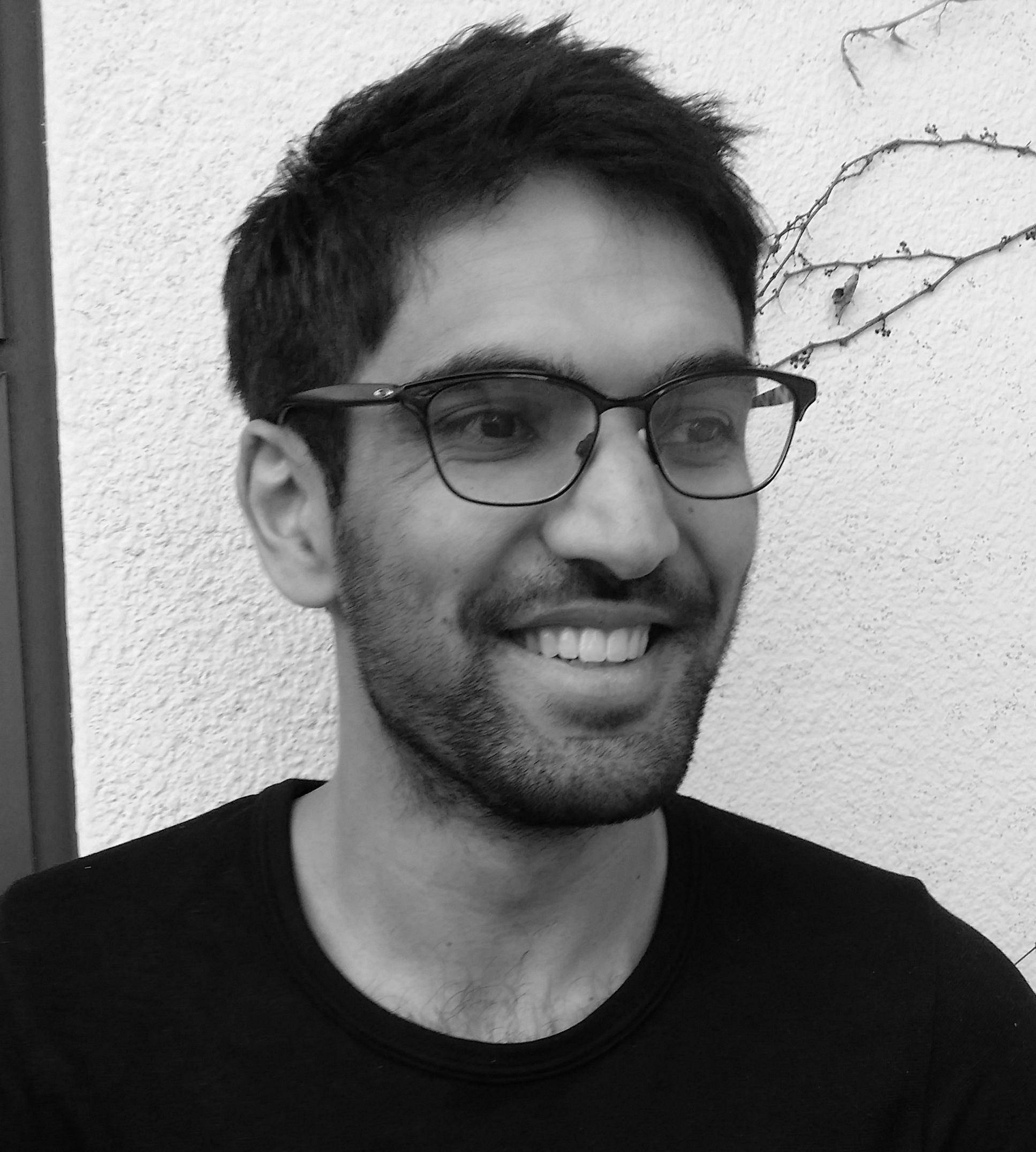
Tariq Desai
- Alumni
- South Africa
- 2014 PhD Genetics
- Magdalene College
Sarita Deshpande
- Alumni
- United States
- 2017 MPhil Medical Science at the Department of Clinical Neurosciences
- Lucy Cavendish College
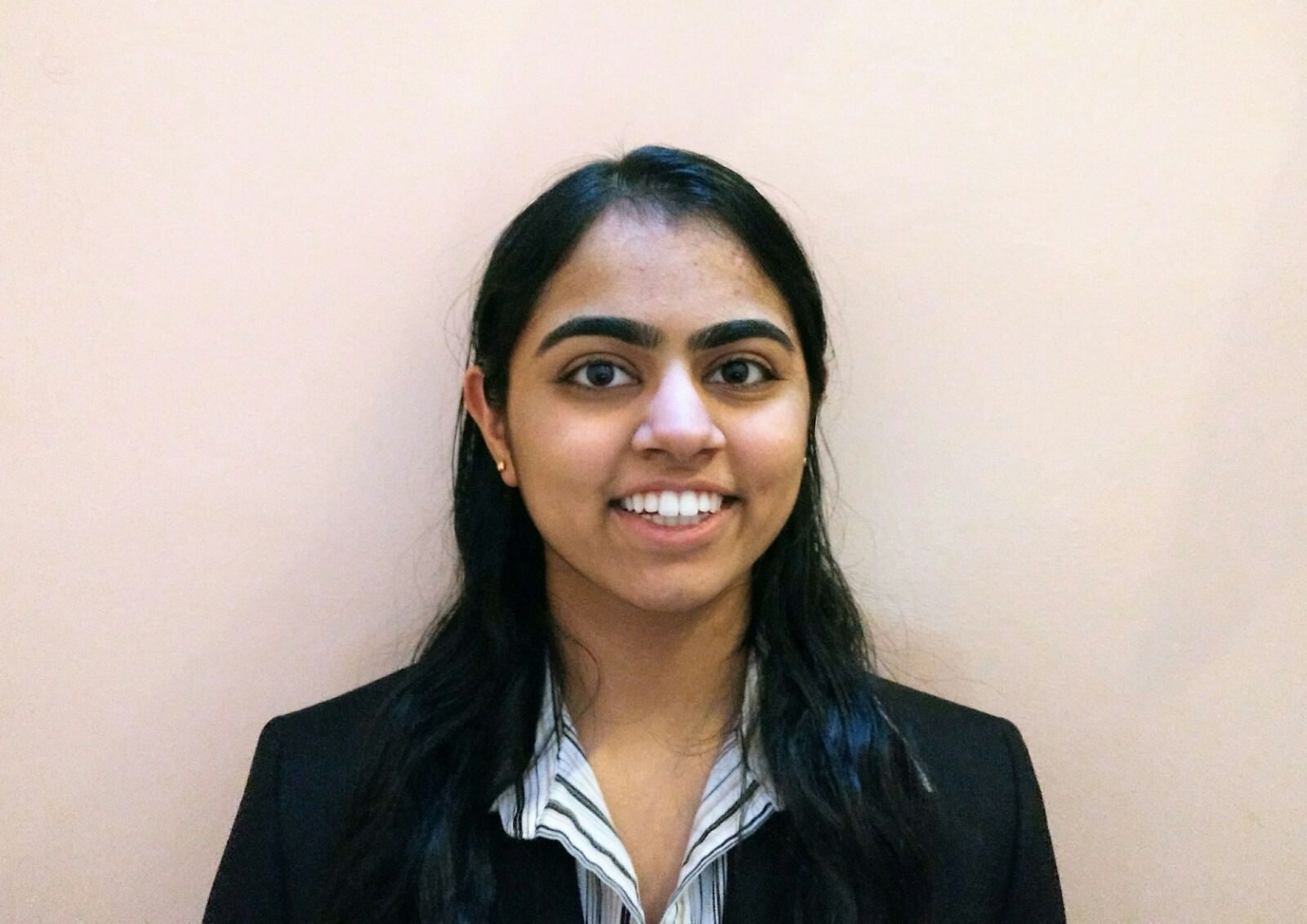
Sarita Deshpande
- Alumni
- United States
- 2017 MPhil Medical Science at the Department of Clinical Neurosciences
- Lucy Cavendish College
I am currently studying bioengineering with a concentration in cellular and tissue engineering at the University of Illinois at Chicago. As an undergraduate student, I have engaged myself in neuroscience and bioengineering research, which has fostered my passion to study ocular pathology in the scope of neuroscience. During my MPhil in Medical Sciences at Cambridge, I will study the aetiology of glaucoma and the mechanisms of cell death, which can provide further insight into developing novel therapeutic options. I am honoured and excited to join the dynamic group of scholars that make up the Gates Cambridge community.
Previous Education
University of Illinois, Chicago
Mathieu Desruisseaux
- Alumni
- Canada
- 2008 MPhil Innovation, Strategy and Organisation
2009 PhD Management Studies - King's College
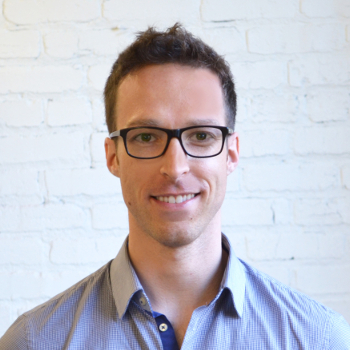
Mathieu Desruisseaux
- Alumni
- Canada
- 2008 MPhil Innovation, Strategy and Organisation
2009 PhD Management Studies - King's College
I grew up in Quebec and lived in New Mexico, before studying comparative politics at Harvard and working in China. At the Judge Business School, I researched the psychology of social networks and their impact on leadership, innovation and performance in organizations. I then went on to work as a strategy consultant for Roland Berger and cofounded Fluent.ai, a speech recognition startup.
Links
Mary DeVellis
- Alumni
- United States
- 2021 MPhil Health, Medicine and Society
- Darwin College
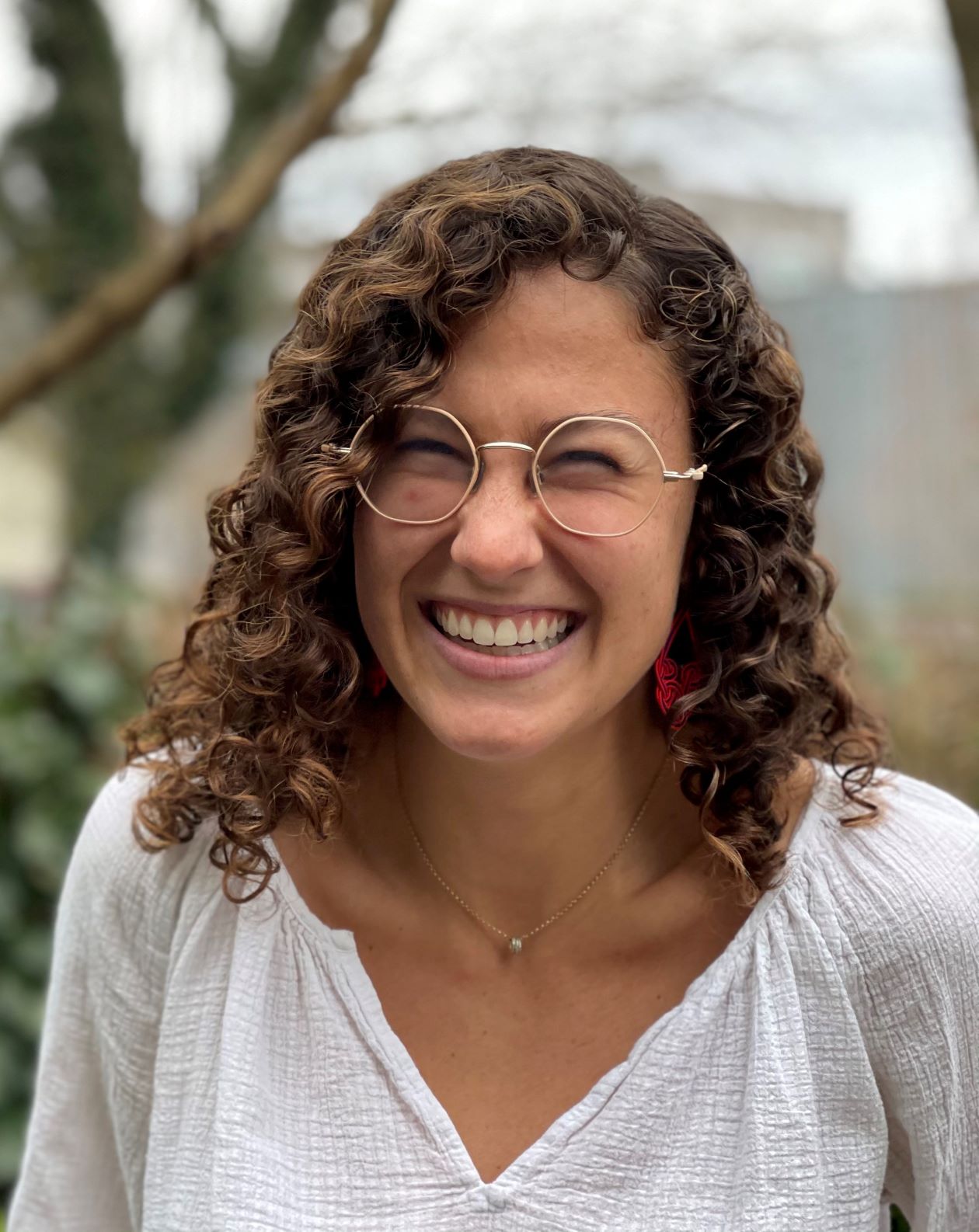
Mary DeVellis
- Alumni
- United States
- 2021 MPhil Health, Medicine and Society
- Darwin College
My experiences studying Medical Anthropology, Global Health, African Studies, and Gender Studies at Princeton expanded my understanding of social inequality and its impact on sexual health around the world. Through my ethnographic projects studying pregnant women during the pandemic and women using doula services, I recognized the lived experiences of women seeking healthcare amid various barriers. The chance to better these women's health options inspires me to continue my studies. After working on health equity in the US, South Africa, Vietnam, and New Zealand, I am eager to begin my MPhil in Health, Medicine, and Society at Cambridge to understand the social factors of health and wellbeing in a new cultural context. In my dissertation research, I will explore access to sexual health education for people with disabilities, both in the Cambridge community and internationally. After my time at Cambridge, I intend to attend medical school and practice as a women’s health physician. I am so honored and humbled to join such an outstanding community and learn from my fellow Gates Cambridge peers.
Previous Education
Princeton University Medical Anthropology 2021
Christopher Devine
- Alumni
- United States
- 2013 MPhil Clinical Science
- Trinity College

Christopher Devine
- Alumni
- United States
- 2013 MPhil Clinical Science
- Trinity College
Clara Devlieger
- Alumni
- Belgium
- 2011 MRes Social Anthropology
- Trinity College
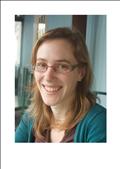
Clara Devlieger
- Alumni
- Belgium
- 2011 MRes Social Anthropology
- Trinity College
I am very grateful to have received a Gates scholarship to start my PhD research in Social Anthropology this year. I will be preparing for fieldwork next year in Kinshasa, the capital of the Democratic Republic of Congo (DRC). There I will research the niche in trade between Kinshasa (DRC) and Brazzaville (capital of Republic of Congo) over the Congo River, a niche completely dominated by disabled traders. I am specifically interested in how the traders manage to turn their marginalised social position around in this African border zone. I will be looking into how the niche originated, which survival techniques the disabled use to keep it alive, and what the future of the niche will look like. After my PhD I hope to continue research through the international academic community and to use my findings in development cooperation.
Stephen Devries
- Alumni
- United States
- 2009 MPhil Development Studies
- Emmanuel College
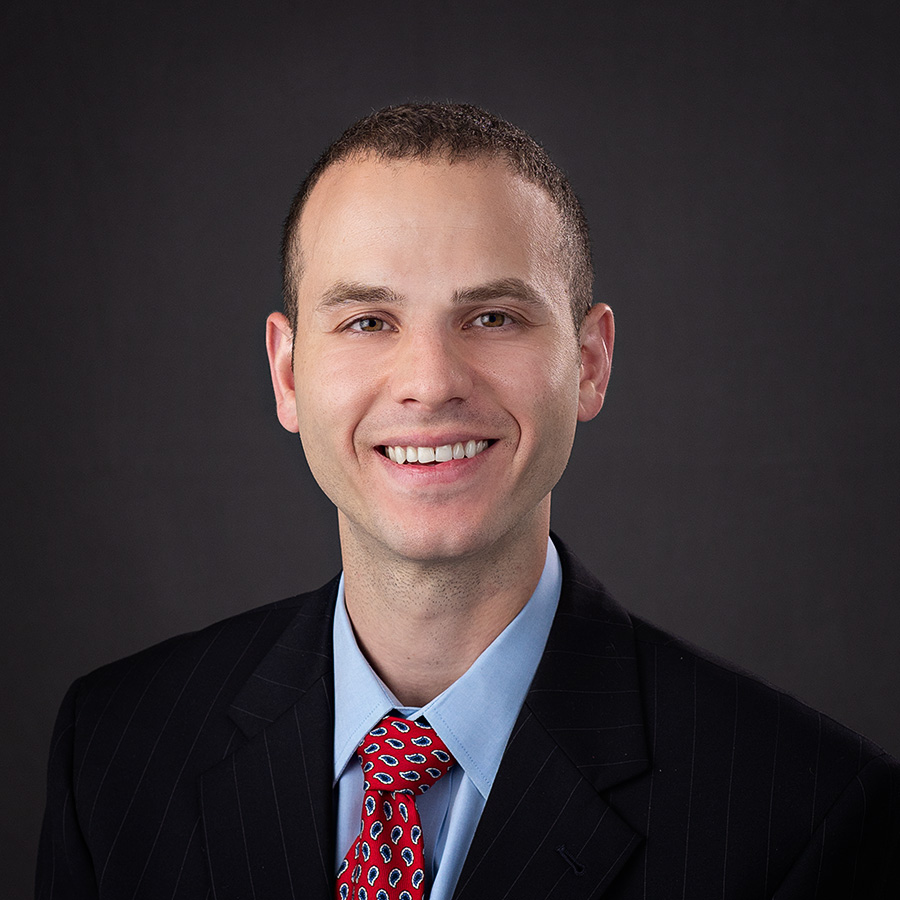
Stephen Devries
- Alumni
- United States
- 2009 MPhil Development Studies
- Emmanuel College
Previous Education
United States Naval Academy Oceanography 2009
Diksha Dewan
- Scholar
- India
- 2023 PhD Chemistry
- Hughes Hall
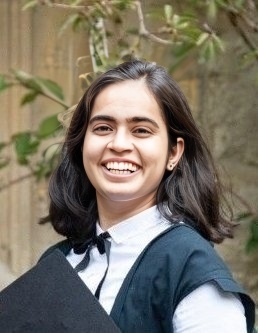
Diksha Dewan
- Scholar
- India
- 2023 PhD Chemistry
- Hughes Hall
Hailing from India, I pursued BSc Honors in Chemistry from St. Stephen’s College, New Delhi, where I recognized the importance of ‘excellence’ and ‘service’. There I got the opportunity to intern at the Indian Institute of Technology (Kharagpur) and the University of Cambridge to computationally analyze carbonic anhydrase inhibitors and biomolecules respectively, which opened to me multiple avenues to perform experiments sustainably! To delve deeper, I moved to the University of Oxford to pursue MSc in Theoretical and Computational Chemistry, where I am currently working on theory and software development. During my PhD at the University of Cambridge, I will work under the supervision of Prof David Wales and use energy landscape exploration methods to analyze stapled peptides, which possess the potential to be used as novel therapeutics for aberrant protein-protein interactions and in the treatment of cancer, cardiovascular and infectious diseases, etc. Concurrently, I aim to promote science communication between scientists and non-scientists by providing a common platform. I feel blessed to be a part of the passionate Gates Cambridge community as it will empower me to realize my goal of positively impacting global healthcare!
Previous Education
University of Oxford Theoretical Computational Chem 2023
St Stephen's College, University of Delhi Chemistry 2022
Bal Vikas School Physics, Chem, Maths, IP, Eng 2019
C. Wallace DeWitt
- Alumni
- United States
- 2005 MPhil Oriental Studies
- King's College

C. Wallace DeWitt
- Alumni
- United States
- 2005 MPhil Oriental Studies
- King's College
Sharmila Dey
- Scholar-elect
- United States
- 2026 PhD Plant Sciences
- Christ's College
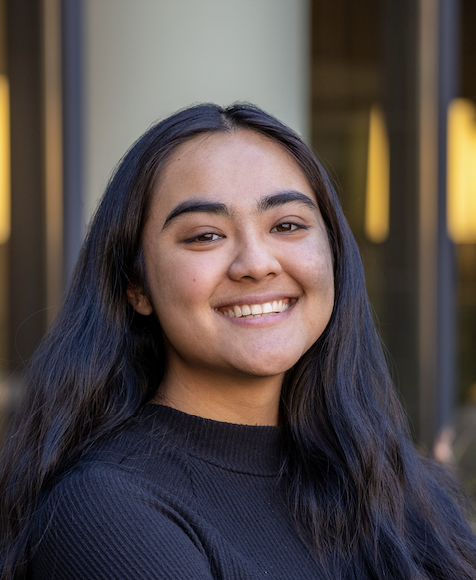
Sharmila Dey
- Scholar-elect
- United States
- 2026 PhD Plant Sciences
- Christ's College
I grew up surrounded by the Sonoran Desert in Tucson, Arizona. As an undergraduate at Harvard, I completed a degree in Earth & Planetary Sciences and began researching the effects of climate change on vulnerable landscapes like those in my hometown. I am particularly interested in developing and implementing modeling tools to answer important questions about how forests around the world will respond to a warmer and drier world. As a PhD candidate in the Plant Sciences department at Cambridge, I will use vegetation models to understand the effects of climate change and logging on tropical forests. It is crucial to preserve tropical forests which host incredible biodiversity and provide one of Earth’s most important carbon sinks while also finding ways to meet our timber needs. As part of my research, I hope to work closely with industry leaders and policymakers to develop actionable solutions.
Previous Education
Harvard University Earth and Planetary Sciences 2025
Mukta Dharmapurikar
- Scholar-elect
- United States
- 2026 MPhil Environmental Policy
- Jesus College
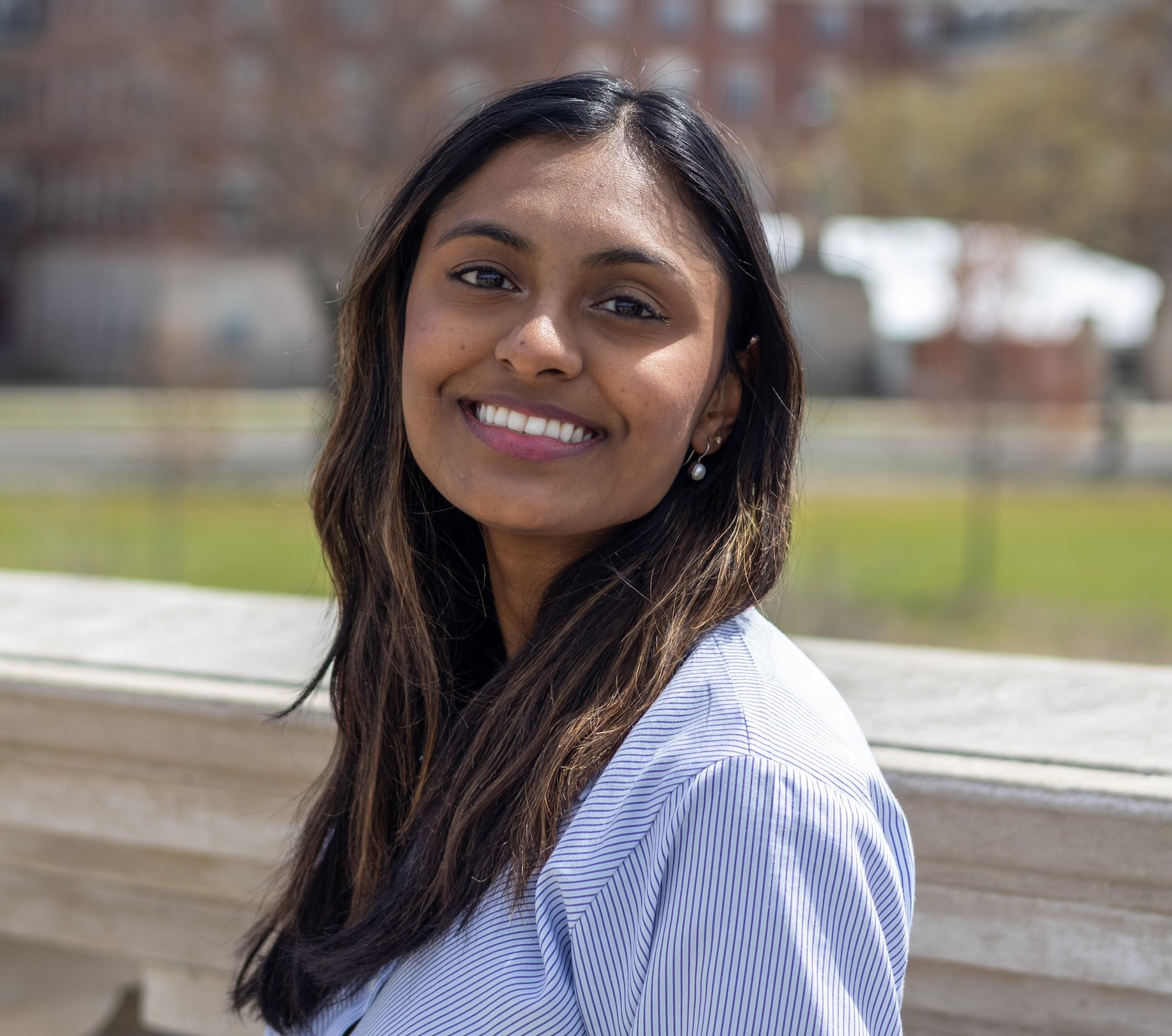
Mukta Dharmapurikar
- Scholar-elect
- United States
- 2026 MPhil Environmental Policy
- Jesus College
Growing up in North Carolina and visiting my family’s small farm in India, I witnessed how disasters driven by climate change, such as drought, flooding, and hurricanes, can devastate communities. I grew interested in understanding both the science behind climate change and the incentives that shape decisions around climate change, leading me to study two disciplines at Harvard: Environmental Science & Engineering and Economics. Through research on climate change’s impacts on agriculture, leading the Harvard Undergraduate Clean Energy Group, and working on cement decarbonization at the Rocky Mountain Institute, I explored creative ways that scientists, policymakers, and businesspeople can work together to make sustainable innovations easier to access. At Cambridge, I plan to study industrial policies that accelerate green manufacturing innovation and support emerging clean technology markets.I am truly honored to be a part of the Gates-Cambridge community, and I’m excited to engage with a diverse cohort of scholars working across disciplines!
Previous Education
Harvard University Environmental Science & Engineering 2026
Harvard University Economics 2026
Tenzin Dhondup
- Scholar-elect
- United States
- 2026 MPhil Population Health Sciences
- St John's College
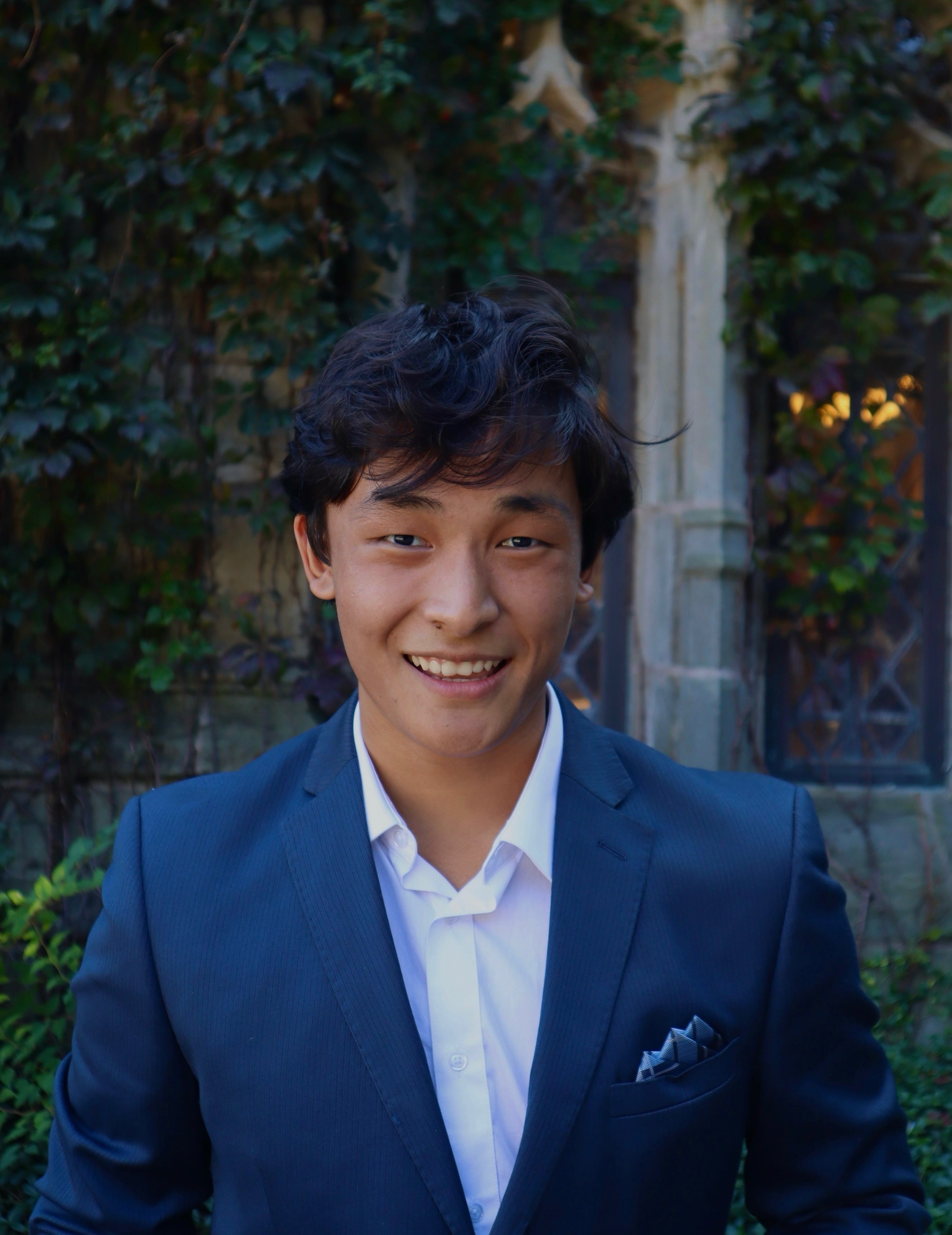
Tenzin Dhondup
- Scholar-elect
- United States
- 2026 MPhil Population Health Sciences
- St John's College
I am a Tibetan-American who grew up between New Haven, Connecticut, and the Hunsur Tibetan Refugee Settlement in India. Growing up across these settings shaped my interest in migration, resettlement, and the public institutions that structure life for migrants and refugees. Public health is my North Star. It has guided my undergraduate training at Yale University and my work as an advocate and researcher across local health systems, national institutions, and humanitarian contexts in the Americas, South Asia, and Eastern Europe. My work has included shaping refugee health policy, producing population-level health evidence, and evaluating humanitarian and asylum health practices at scale. At a time when displacement is both increasingly widespread and long term, my MPhil in Population Health Sciences at Cambridge will contribute to scholarship that informs future responses to refugee situations. I will examine refugee and migrant health outcomes across the life course, with the aim of advancing durable, evidence-driven approaches to humanitarian operations, health governance, and resettlement policy. I am excited to join the Gates Cambridge community in tackling global challenges and empowering marginalized communities.
Previous Education
Yale University Global Public Health 2026
Links
Theo Di Castri
- Alumni
- Canada
- 2019 PhD History and Philosophy of Science
- King's College
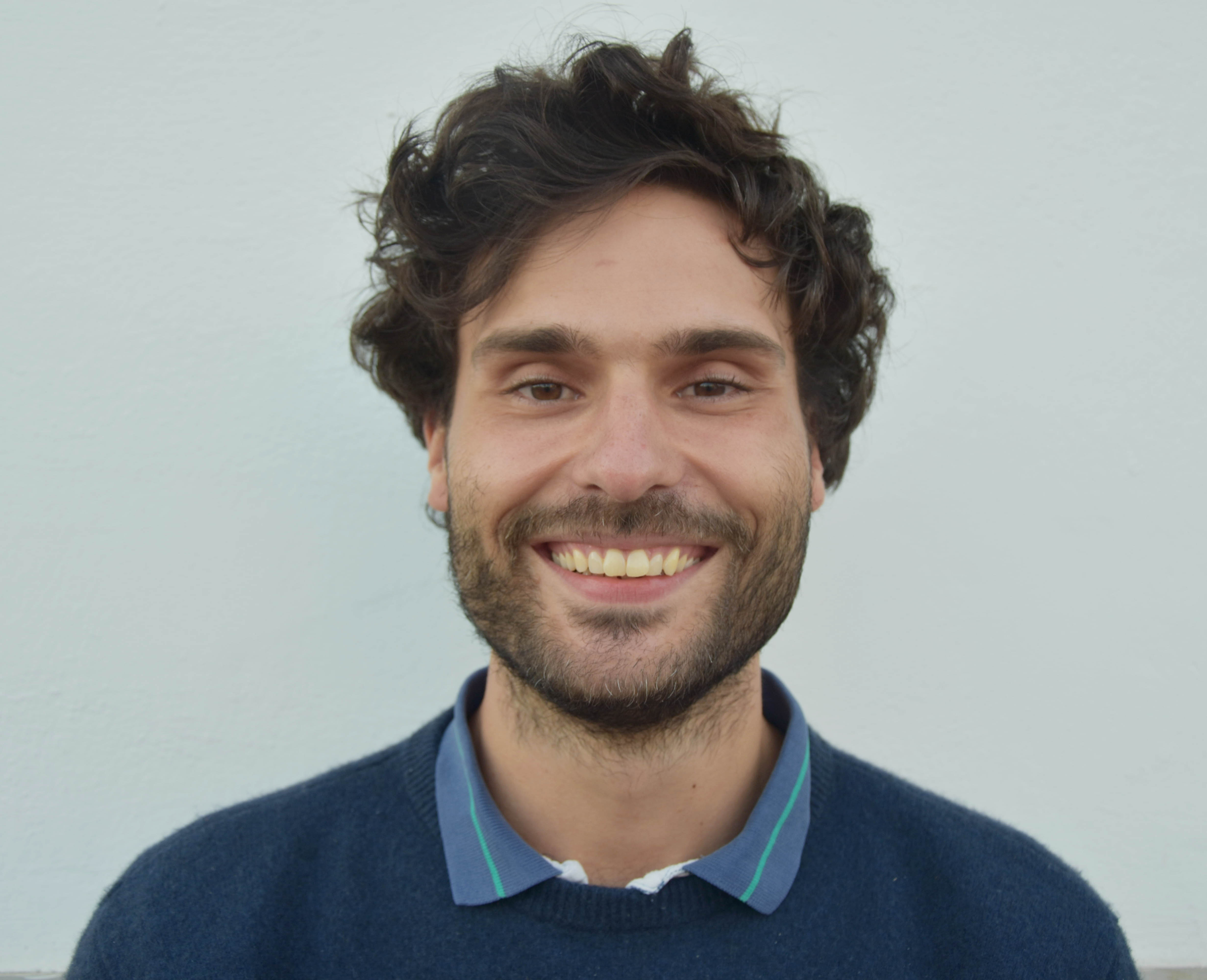
Theo Di Castri
- Alumni
- Canada
- 2019 PhD History and Philosophy of Science
- King's College
My PhD research traces the history of prevention science an interdisciplinary field that emerged in the US during the 1990s in an effort to prevent young people from developing a range of problems later in life. I am interested in the paper practices, institutional infrastructures and trans-disciplinary networks of expertise that gave rise to the production of new kinds of knowledge about youth, risk and the future in the US from roughly the 1960s until the present.
Previous Education
University of Cambridge History and Philosophy of Sci 2015
Columbia University Neuroscience & Comparative Lit 2012








